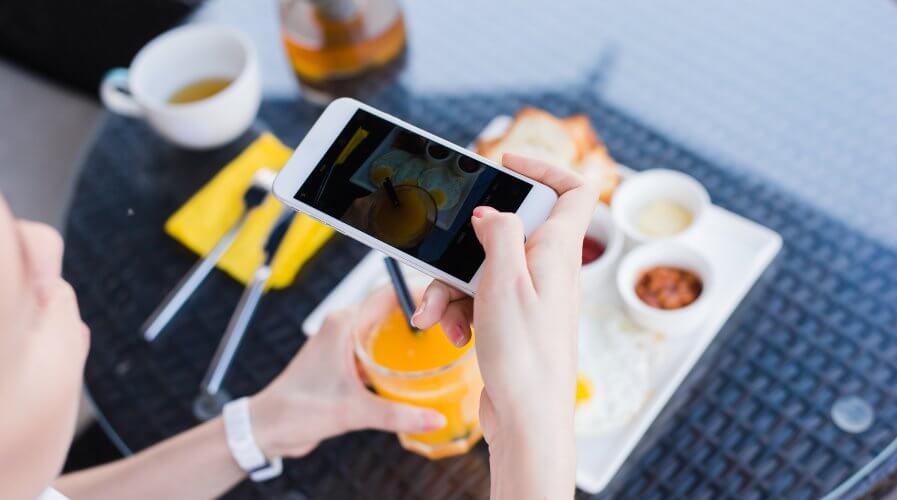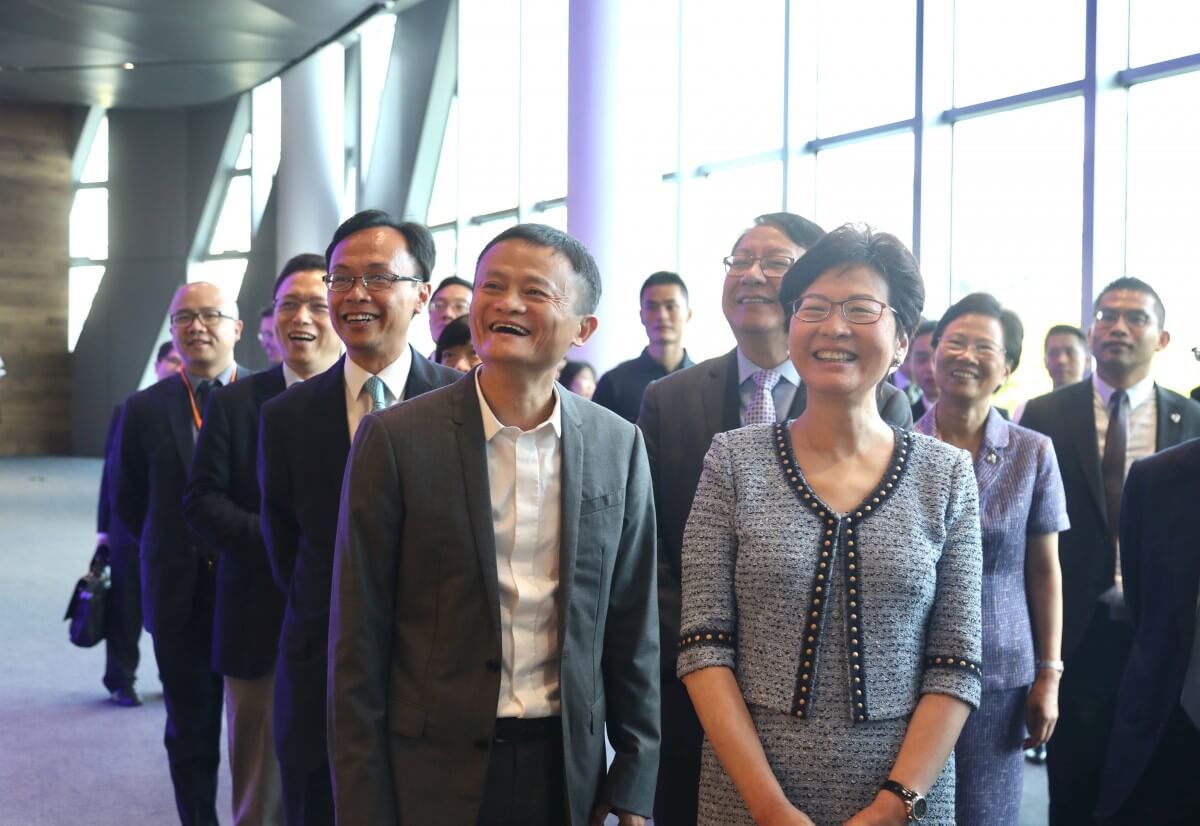
A Hong Kong university has developed technology to help brands glean customer information through analyses of photos. Source: Shutterstock
This technology uses your social media photos to predict your behavior
AMIDST scandalous news that social media sites from are leaking data and capitalizing on personal shared data in order to better sell ad space, researchers from a university in Hong Kong revealed new technology that is able to predict user behavior through photo analyses without needing to access sensitive information.
Researchers from the University of Science and Technology in Hong Kong said that they are able to make consumer behavior predictions that are 60 percent more accurate than any other similar tools.
The technology is already being implemented in food and lifestyle apps, and has the potential to make predictive recommendations based off health and consumer patterns in the future, researchers told South China Morning Post. The technology does it through harnessing the powers of “big data” to suss out basic patterns through image recognition technology from the huge volumes of pictures uploaded into the Internet every day.
Hong Kong’s chief executive Carrie Lam announced the launch of a big data analytics platform as part of her first speech in her role, key to the SAR’s ambition of becoming a smart city.

Hong Kong’s chief executive Carrie Lam (right) focused on big data analytics as part of her agenda. Source: Reuters
The researchers at the university’s Social Media Lab based their technology off 11 million photos that had been shared by 150 countries on social media sites. The machine learning software by the researchers don’t rely on object identification but rather “social signals”, which are defined as any visual features that might distinguish any specific information about the user. This could be certain types of food, clothes, or sports, anything that could identify someone by their age and demographic.
Lead researcher of the Social Media Lab, Cheung Pak-ming, said that the software now has an 80 percent accuracy rating for gender predictions solely based off of publicly available photos.
“Generally speaking, we would be able to make an accurate prediction if we can gather 100 photos from a specific user,” he said to South China Morning Post, adding that the lab was currently working to provide services to two lifestyle partner firms and an outdoor advertising agency.
“For example, apps can use our technology to provide restaurant suggestions to users … our tool has boosted the response rate of these suggestions by 60 per cent.”

Social media photos could help this research team make more accurate consumer behavior predictions. Source: Shutterstock
Headlines have been rife with news about potential breaches of privacy by social media platforms, and concerns about privacy are at the forefront of conversations around tech. The university’s technology is sure to raise some eyebrows from corners of society who are still undecided about how to define “public domain” when it comes to social media postings.
On their part, the researchers have brushed away concerns about privacy because of how the data was collected. According to their logic, since these photos and social media postings are published on platforms like Facebook and Twitter, they are considered to be in the public domain and free to use.
“It all depends how the apps gather data from users. If you did not authorise the apps to access your private photos, then they would not be gathered and added to the database,” said James She, director of the Social Media Lab to South China Morning Post.
The technology is currently in the process of being patented.
READ MORE
- Safer Automation: How Sophic and Firmus Succeeded in Malaysia with MDEC’s Support
- Privilege granted, not gained: Intelligent authorization for enhanced infrastructure productivity
- Low-Code produces the Proof-of-Possibilities
- New Wearables Enable Staff to Work Faster and Safer
- Experts weigh in on Oracle’s departure from adland






